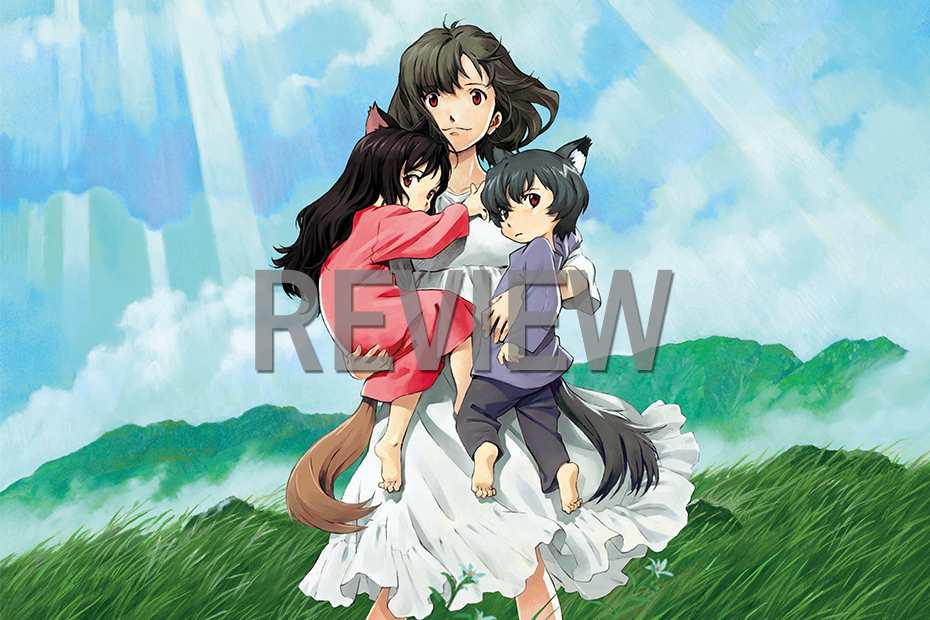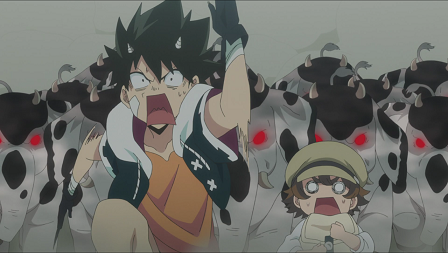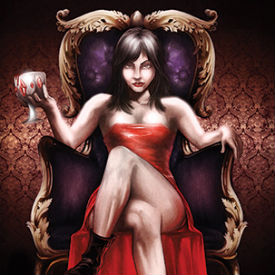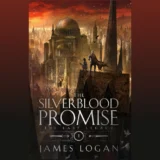To smile through any hardship is a commendable virtue for anyone to have. Continuing to do so while having to raise two half-human, half-wolf children is something on a different world of resilience altogether. The story of the Wolf Children Ame And Yuki is about a mother and father who fell in fairy-tale love and their pups who have to become what they truly want to be in world that won’t understand them. It’s directed by the acclaimed director Mamoru Hosoda who garnered fame with his previous films The Girl Who Leapt Through Time and Summer Wars. This being his third major release, there’s no doubt that Hosoda will be a household name for any fan of similar creators – namely Satoshi Kon, Shinichirō Watanabe, and Hayao Miyazaki.
Wolf Children, winner of the Japan Academy Prize for Animated Movie, centers around the stubbornly optimistic woman Hana and the tribulations she endures in the course of raising her drastically different children, Ame and Yuki. The film portrays the majority of the children’s adolescent years from birth to maturity; unlike the vast majority of stories telling the relationship between child and parent, most of which stick to one age. Wolf Children, like Hosoda’s previous works centers around the themes of family, maturation, and hidden worlds but displays a far subtler palette of scenes making this film a much quieter and poignant experience. Despite the fantastical nature of the content, Wolf Children uses its much smaller scope successfully, using well-studied family interactions to create a realistic story of a loving family growing up together.
The source of the adversity facing Hana and her family is that the father of her children is a Wolf Man, a fact that does not perturb her love for him. Due to these differences, she is thoroughly ill-prepared in her ability to rear Ame and Yuki twofold, as she has no experience in raising human children or wolf pups. There is one very memorable scene where one of Hana’s children falls ill for the first time and she comes to a standstill when trying to determine which facility would be of best aid: a children’s hospital or a veterinary clinic. While I am not a parent, I safely believe that Wolf Children pulls no punches with an accurate portrayal of the monumental amount of responsibility thrust onto Hana as she teaches her children about the world and selflessly attempts to protect them and their secret heritage. Many mistakes are made along the way, giving a lovingly humorous but ultimately real framing to their family.
 Making a prominent appearance in Wolf Children is the rather idealized representation of rural country living which the film steadfastly links to being part of a caring and sharing community, and learning to look inward to those closest to you for the purest of growth. This is a theme seen through Hosoda’s sophomore major film Summer Wars that mostly took place in a large rural countryside mansion occupied by a larger-than-life family. The transition to life in the country carefully exemplifies the changes occurring with Yuki and Ame as they learn about what their wolf ancestry means to them and their livelihood. As they begin to walk their unique paths of life, Hana must come to terms with the ultimate sacrifice of being a parent: no longer being needed. The complex concepts of parenthood in symbiosis with childhood and the social implications of literally being born what is widely considered a monstrous abomination are handled with grace thanks to strong narrative pacing and extremely believable characters, even if their nature is of fiction.
Making a prominent appearance in Wolf Children is the rather idealized representation of rural country living which the film steadfastly links to being part of a caring and sharing community, and learning to look inward to those closest to you for the purest of growth. This is a theme seen through Hosoda’s sophomore major film Summer Wars that mostly took place in a large rural countryside mansion occupied by a larger-than-life family. The transition to life in the country carefully exemplifies the changes occurring with Yuki and Ame as they learn about what their wolf ancestry means to them and their livelihood. As they begin to walk their unique paths of life, Hana must come to terms with the ultimate sacrifice of being a parent: no longer being needed. The complex concepts of parenthood in symbiosis with childhood and the social implications of literally being born what is widely considered a monstrous abomination are handled with grace thanks to strong narrative pacing and extremely believable characters, even if their nature is of fiction.
As befitting the pedigree of Hosoda, coupled with the co-production of Mad House, Wolf Children veritably glows in its animation. Composed of vibrant natural colors, extremely touching and detailed portrayal of emotions, and well-crafted character movement seamlessly create a beautiful visual spectacle to watch. The score was wholly unique. Wolf Children is the first original movie score done by Takagi Masakatsu and it’s very apparent. The music has a very fresh perspective and deviates significantly from the established norm, and thus meshes quite well with the flows of the story.
As far as I’m concerned, Hosoda’s primary ability lies it take stories that could easily be told in a grand scale, swathing across dozens of main characters and shrinking the scope down to the human level. His bastions of storytelling are the truth of human emotion and the ever-prevalent necessity to unconditionally love family for what it is: forever part of who we are. I would absolutely check out Wolf Children next chance you get. There is no English-dubbed version yet and the subtitled version has no US release date as of yet. I was fortunate enough to see it at an open event hosted at MIT with a Q&A session with Mamoru Hosoda himself. This movie is suitable for children aged 10 and up.
Wolf Children receives a 9 out of 10.













Ah, this movie sounds so good! I thoroughly enjoyed The Girl Who Leapt Through Time, and I've been hoping to find other movies with a similar feel. I'll definitely be checking out Summer Wars, and I look forward to finding out when Wolf Children will be more easily accessible.